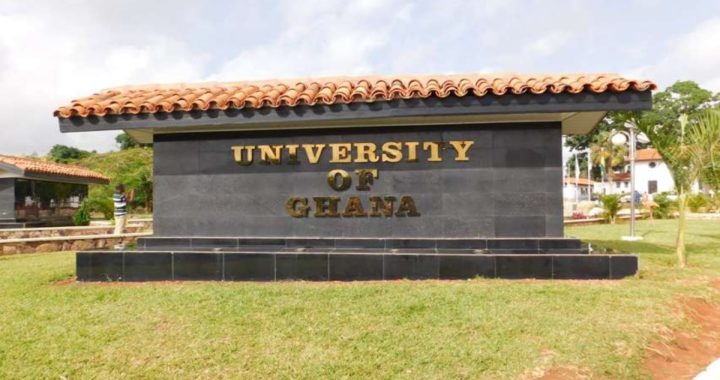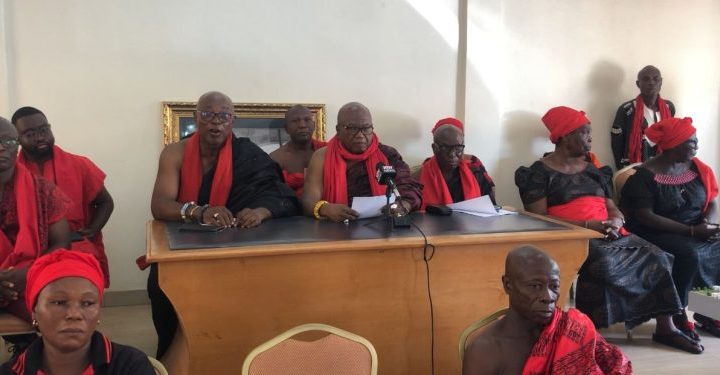Review 30% Priority Placement Into Category ‘A’ Schools – GNAPS

The Eastern Regional Chairman of the Ghana National Association of Private Schools (GNAPS), Michael Adjei Sakyi, has urged government to review the 30% priority placement into Category ‘A’ schools.
The current system reserves 30 percent of all available vacancies in Category ‘A’ schools for public institutions before allocating the remaining 70 percent based on merit to both public and private schools. Sakyi highlighted that this policy, along with other challenges faced by private schools, is adversely impacting the private education sector.
The call for a review was made during a private education stakeholder engagement organized by GNAPS in Koforidua, the Eastern Regional Capital. The event aimed to address ways to harness the potential within the private education sector to achieve quality and comprehensive education.
Sakyi stressed the importance of revising the policy to sustain private schools and urged the government to take action accordingly.
READ ALSO: Over 190,000 students placed in Free SHS did not enrol – Eduwatch Report
During the engagement, Francis Addai, the Director in Charge of Licensing of Teachers at the National Teaching Council (NTC), provided insights into the Education Regulatory Bodies Act 2020, Act 1023. This legislation mandates the NTC to register and license all teachers in the country, prohibiting the employment of non-professional teachers. Addai mentioned that the NTC has trained approximately 4,720 teachers in the Greater Accra Region and has initiated the licensing process.
Dr. Asante Antwi, the New Juaben North Municipal Chief Executive, encouraged teachers without the required qualifications to pursue them, emphasizing the importance of ensuring quality education delivery in the region.
The event saw the participation of representatives from various educational bodies, including the Ghana Education Service (GES), the National Schools Inspectorate Authority, as well as heads of institutions, politicians, pupils, teachers, and school owners.
In a display of advocacy, some pupils carried placards with messages such as “Stop the discrimination, private schools matter,” “High government charges kill private schools,” and “Private schools demand justice and equity, not charity.”
The article sheds light on the concerns voiced by GNAPS regarding the current priority placement system and highlights the efforts of stakeholders to address challenges within the private education sector.
Send Stories | Social Media | Disclaimer
Send Stories and Articles for publication to [email protected]
We Are Active On Social Media
WhatsApp Channel: JOIN HERE
2024 BECE and WASSCE Channel - JOIN HERE
Facebook: JOIN HERE
Telegram: JOIN HERE
Twitter: FOLLOW US HERE
Instagram: FOLLOW US HERE
Disclaimer:
The information contained in this post on Ghana Education News is for general information purposes only. While we endeavour to keep the information up to date and correct, we make no representations or warranties of any kind, express or implied, about the completeness, accuracy, reliability, suitability or availability with respect to the website or the information, products, services, or related graphics contained on the post for any purpose.



 How to buy UG Admission Voucher with Momo/Shortcode
How to buy UG Admission Voucher with Momo/Shortcode  Top 5 Universities in the Netherlands for Masters Studies
Top 5 Universities in the Netherlands for Masters Studies  John Mahama Lists Plans for Education Sector When he is Voted for
John Mahama Lists Plans for Education Sector When he is Voted for  The Poll Tax Ordinance of 1852
The Poll Tax Ordinance of 1852  Asogli State rejects renaming Ho Technical University after Ephriam Amu
Asogli State rejects renaming Ho Technical University after Ephriam Amu